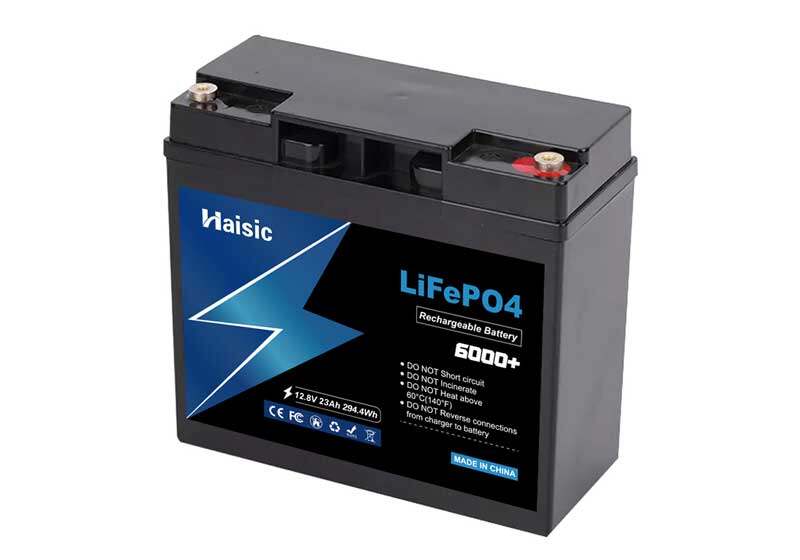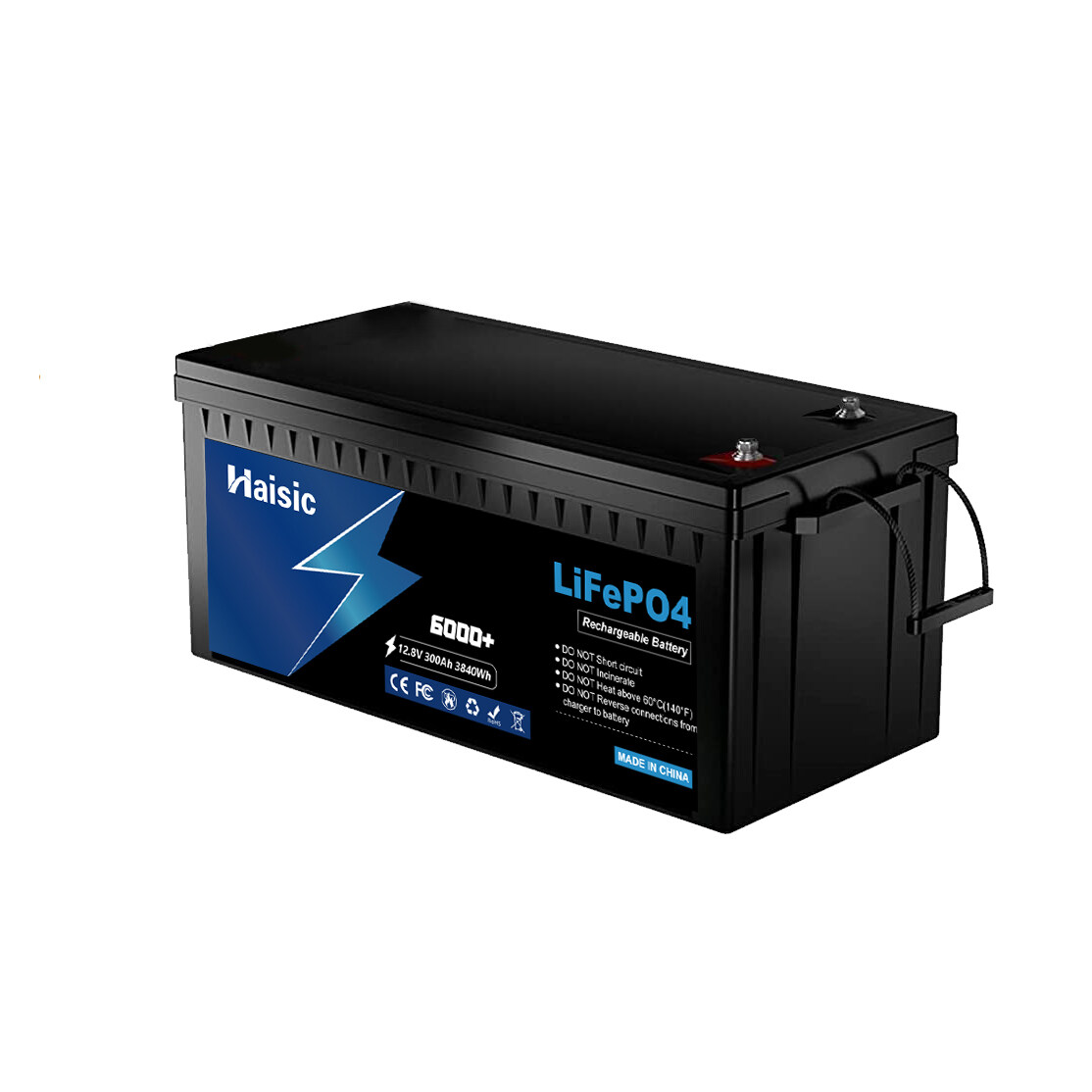In the world of commercial energy storage,
lithium LiFePO4 batteries have emerged as a popular and reliable choice for a variety of applications. These batteries offer numerous advantages, including high energy density, long cycle life, and enhanced safety features. In this blog post, we will explore the top applications for lithium LiFePO4 batteries in commercial energy storage, highlighting their versatility and efficiency in meeting the energy storage needs of businesses and industries.
1. Grid StabilizationGrid stabilization is a critical application for lithium LiFePO4 batteries in commercial energy storage. These batteries are used to store excess energy during periods of low demand and release it during peak demand times, helping to stabilize the grid and prevent power outages. Lithium LiFePO4 batteries are known for their fast response times and high efficiency, making them ideal for grid stabilization applications where rapid energy storage and release are essential.
2. Renewable Energy IntegrationAnother key application for lithium LiFePO4 batteries in commercial energy storage is renewable energy integration. As businesses and industries increasingly turn to renewable energy sources such as solar and wind power, the need for reliable energy storage solutions has grown. Lithium LiFePO4 batteries can store excess energy generated from renewable sources and release it when needed, helping to balance supply and demand and maximize the use of renewable energy.
3. Peak ShavingPeak shaving is a strategy used by businesses to reduce their electricity costs by storing energy during off-peak hours and using it during peak demand times. Lithium LiFePO4 batteries are well-suited for peak shaving applications due to their high energy density and long cycle life. By using lithium LiFePO4 batteries for peak shaving, businesses can lower their electricity bills and reduce their overall energy consumption.
4. Uninterruptible Power Supply (UPS)Uninterruptible power supply (UPS) systems are essential for businesses that require continuous power to operate critical equipment and systems. Lithium LiFePO4 batteries are commonly used in UPS systems due to their high energy density, fast charging capabilities, and long cycle life. These batteries provide reliable backup power during outages or fluctuations in the grid, ensuring that businesses can continue to operate smoothly and protect their valuable assets.
5. Microgrid SupportMicrogrids are localized energy systems that can operate independently or in conjunction with the main grid. Lithium LiFePO4 batteries play a key role in supporting microgrid operations by storing excess energy from renewable sources and providing backup power during grid outages. These batteries offer flexibility and reliability in microgrid applications, allowing businesses to optimize their energy usage and enhance their energy resilience.
6. Energy Management SystemsEnergy management systems are used by businesses to monitor and control their energy usage, optimize efficiency, and reduce costs. Lithium LiFePO4 batteries can be integrated into energy management systems to store and release energy based on demand and pricing signals. By incorporating lithium LiFePO4 batteries into their energy management systems, businesses can achieve greater control over their energy consumption and maximize their cost savings.
ConclusionLithium LiFePO4 batteries have become a versatile and efficient solution for a wide range of applications in commercial energy storage. From grid stabilization and renewable energy integration to peak shaving and UPS systems, these batteries offer reliability, efficiency, and cost-effectiveness for businesses looking to optimize their energy storage capabilities. By leveraging the benefits of lithium LiFePO4 batteries, businesses can enhance their energy resilience, reduce their electricity costs, and contribute to a more sustainable energy future.


